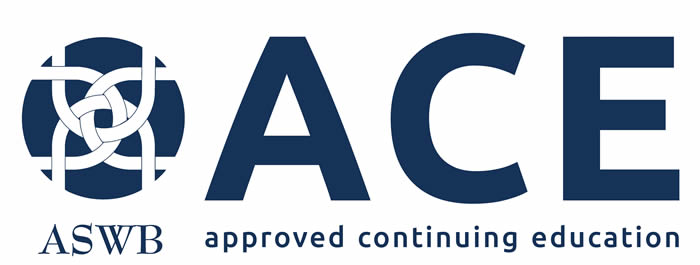
COURSE CREDITS & HOURS
14 AMA PRA Category 1 Credits™14 ACPE Credits
14.0 Contact Hours
14 CE Credits for Psychologists
14 ASWB ACE Credits
COURSE FEES
TARGET AUDIENCE
PROGRAM PURPOSE
Participants will become familiar with new diseases management and prevention guidelines and will have the opportunity to practice this knowledge and skills by solving relevant clinical scenarios to improve patient outcome. Participants will gain skills in working with an intraprofessional team for decreasing medical errors (like handoff) and improving patient outcomes and decreasing health care expenditure (like proper chronic pain management, obesity management, lifestyle medicine for management of chronic diseases). We will particularly focus on discussing recommendations based on current strong evidence and updated guidelines.
Topics:
- Obesity Management: Update on Latest Guidelines and Evidence, and Practical Tips
- Synthesize the current guidelines on obesity management in a clinically relevant fashion.
- Use evidence based medicine to debunk popular myths related to diet, activity and behavior as they relate to the treatment of obesity.
- Synthesize the effectiveness and risks of each weight loss method for patients
- Manage obesity in a 15-minute outpatient visit
- Health promotion: What are the recommendations and evidence? How to motivate patients for behavior change?
- Synthesize the updated recommendations and evidence for health promotion
- Demonstrate techniques for motivating patients for behavior change
- Apply the knowledge gained to a clinical scenario
- Update on evidence-based recommendations for lifestyle management of common diseases
- Synthesize current evidence and recommendations for lifestyle management of common primary care chronic diseases.
- Apply lifestyle medicine principles to clinical case management
- Update on USPTFS recommendations for screening in primary care
- Synthesize current US PTFS guidelines for screening in primary care
- Apply the knowledge gained to relevant clinical scenarios
- Current guidelines for screening patients at risk for type 1 and 2 diabetes
- Summarize current guidelines for screening patients for type 1 and 2 diabetes
- Apply the knowledge gained to relevant clinical scenarios
- Pain management: Guidelines for opioid risk mitigation and overdose resuscitation
- Identify recent trends in use of opioids and deaths from overdose.
- Describe recently published clinical guidelines on the use of opioids from the Center for Disease Control, the American Heart Association, and the Substance Abuse and Mental Health Services Administration, including risk mitigation strategies and the steps of opioid overdose resuscitation.
- Apply the knowledge gained to an evolving case involving opioid prescription.
- Handoffs: Prevention of medical Errors
- Summarize the components of optimal verbal and written handoffs
- Synthesize the roles of effective handoffs and the relationship with medical errors
- Describe the characteristics, content and sequence of effective handoffs
- Apply effective handoffs strategies to improve a clinical handoff scenario















 Credit Designation for Social Workers: As a Jointly Accredited Organization, Continuing Education, Inc is approved to offer social work continuing education by the Association of Social Work Boards (ASWB) Approved Continuing Education (ACE) program. Organizations, not individual courses, are approved under this program. Regulatory boards are the final authority on courses accepted for continuing education credit. Social workers completing this course receive 14 Clinical continuing education credits.
Credit Designation for Social Workers: As a Jointly Accredited Organization, Continuing Education, Inc is approved to offer social work continuing education by the Association of Social Work Boards (ASWB) Approved Continuing Education (ACE) program. Organizations, not individual courses, are approved under this program. Regulatory boards are the final authority on courses accepted for continuing education credit. Social workers completing this course receive 14 Clinical continuing education credits.

















